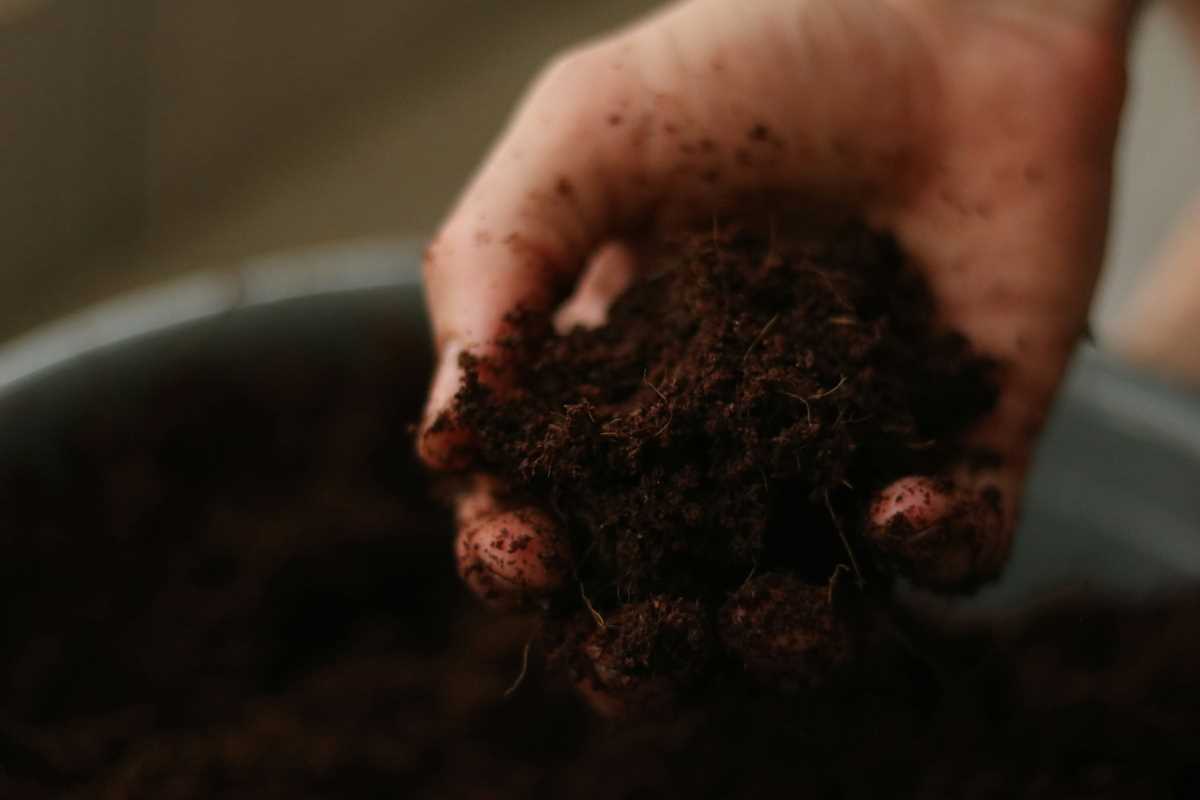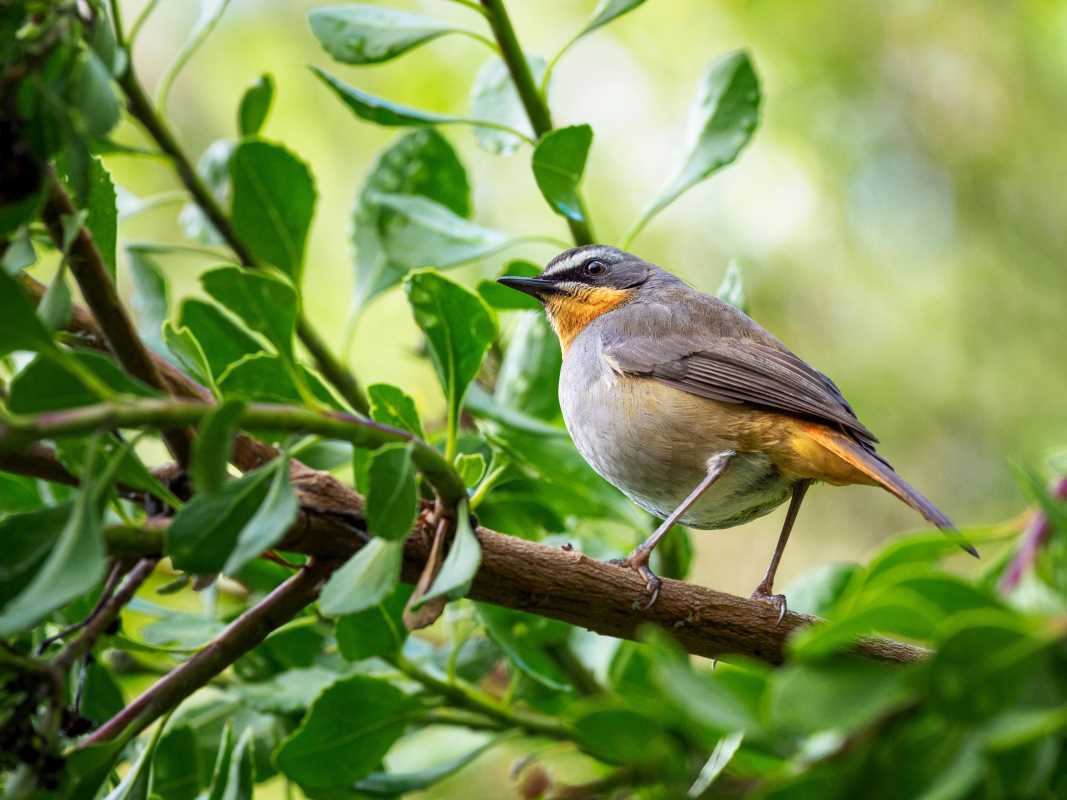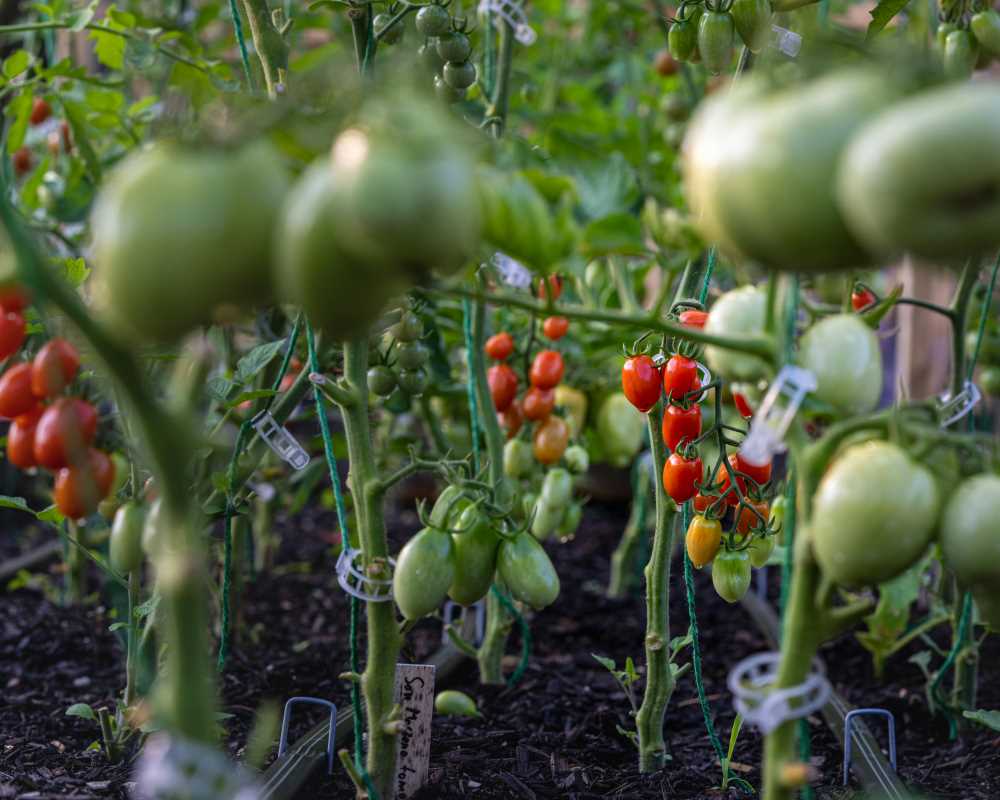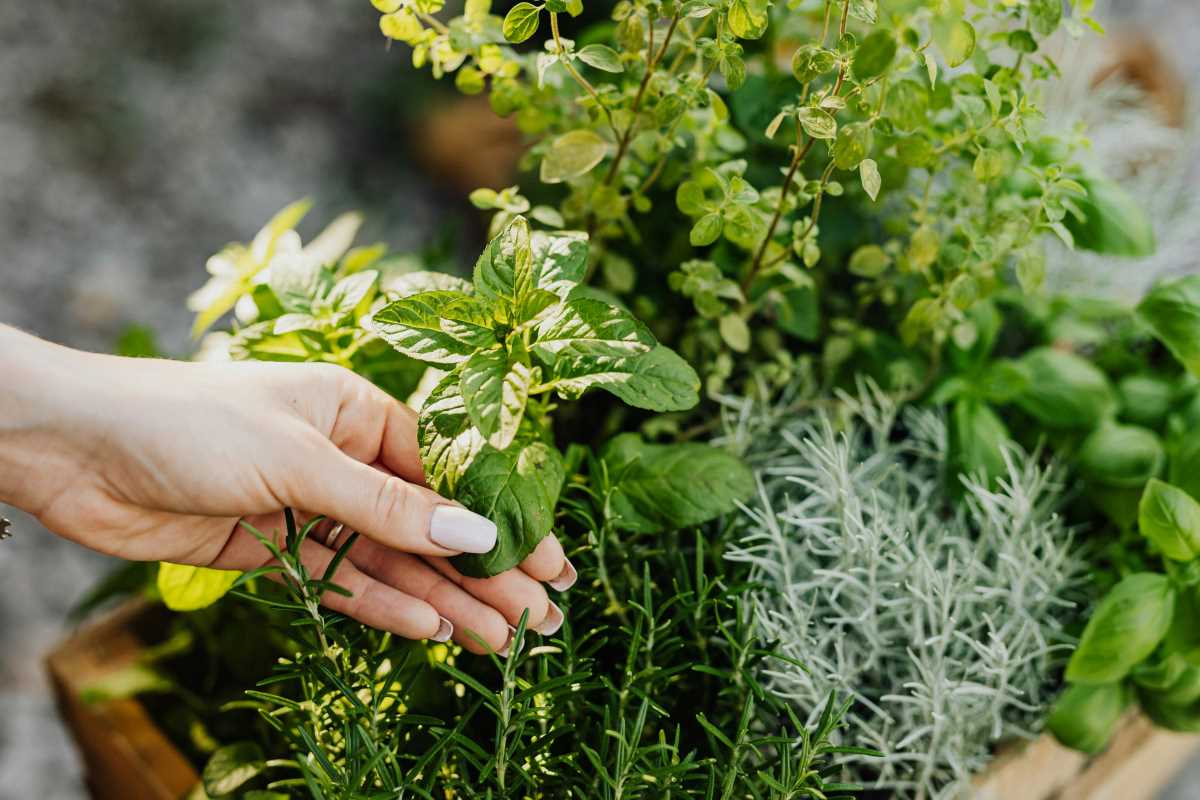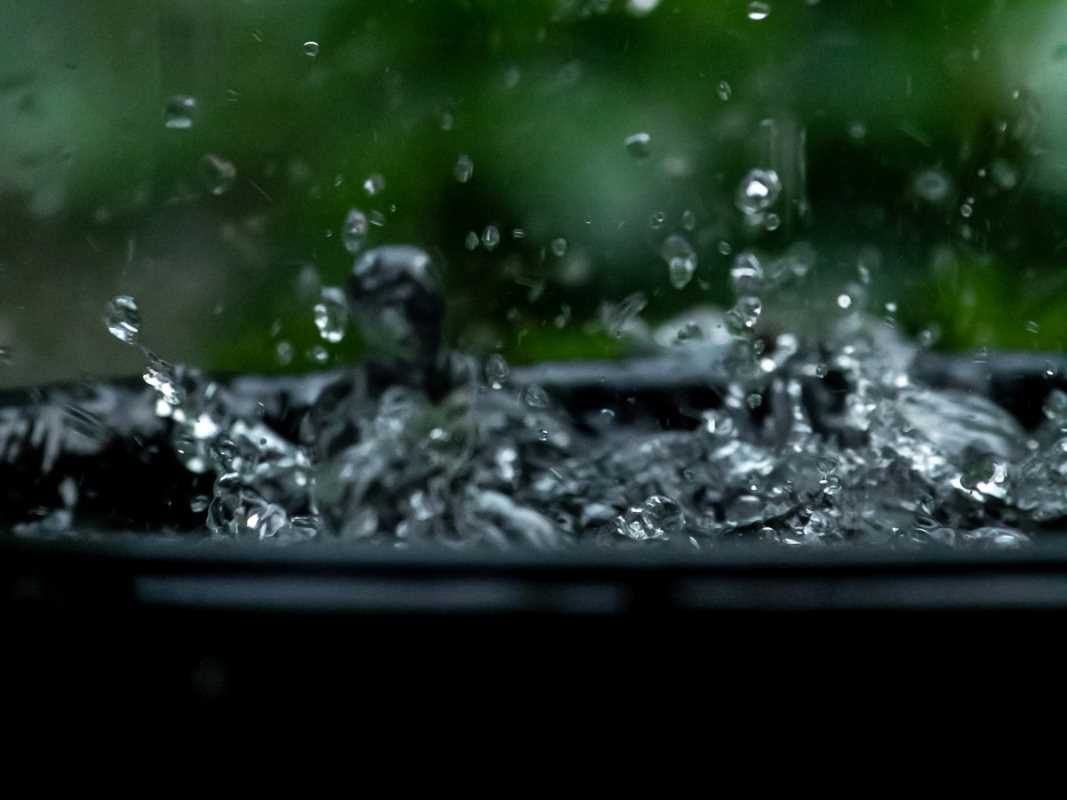Fungal diseases can pose significant challenges to gardeners, affecting everything from vegetable crops to flowering plants. Issues like powdery mildew, root rot, or black spot can not only diminish the beauty of your garden but also impact its productivity. Traditional fungicides often contain harsh chemicals or animal-derived ingredients like fats or proteins, making them unsuitable for vegan or eco-conscious gardeners.
Fortunately, there are plenty of plant-based and cruelty-free fungicides that provide effective protection against fungal infections while keeping your garden ethical and environmentally sound. This guide will explore vegan-friendly fungicide options, including DIY recipes, ready-to-use products, and tips for preventing fungal diseases naturally.
Why Choose Vegan-Friendly Fungicides?
While most fungicides focus solely on eliminating fungal threats, vegan-friendly options emphasize protecting the entire ecosystem. Chemical fungicides may rid plants of disease, but they often come with drawbacks like contaminating soil, harming pollinators, and leaving harmful residues.
By choosing vegan-friendly alternatives, you get the following benefits:
- Eco-Friendliness: Plant-based fungicides contain natural ingredients that work with the environment rather than against it.
- Cruelty-Free: Vegan options exclude any animal-derived components, aligning with ethical gardening practices.
- Safety: Most vegan fungicides are non-toxic and safe for humans, pets, and wildlife.
- Garden Health: These options improve soil biology and strengthen plant resilience overall.
Now that we’ve touched on why these alternatives are ideal, here’s a deep look at your options.
DIY Vegan-Friendly Fungicide Recipes
Making your own fungicides at home is a cost-effective and sustainable way to combat fungal infections while staying vegan-friendly. These simple recipes rely on natural, easy-to-find ingredients that won’t harm your plants or the surrounding environment.
1. Baking Soda Spray
Baking soda is a tried-and-true method for treating powdery mildew, black spot, and other fungal diseases. Its alkaline nature disrupts fungal growth and prevents further spread.
Ingredients:
- 1 tablespoon baking soda
- 1 tablespoon liquid castile soap (plant-based)
- 1 gallon of water
Instructions:
- Mix all ingredients together in a spray bottle.
- Shake well to combine.
- Spray affected plants thoroughly, including the undersides of leaves.
- Reapply weekly or after heavy rain.
2. Neem Oil Spray
Derived from the seeds of the neem tree, neem oil is a powerful antifungal agent. It works particularly well on rust, leaf spot, and anthracnose while being safe for pollinators when applied correctly.
Ingredients:
- 2 tablespoons neem oil (certified organic and plant-derived)
- 1 teaspoon liquid soap (plant-based)
- 1 quart of water
Instructions:
- Combine all ingredients in a spray bottle.
- Mix thoroughly.
- Spray on infected areas early in the morning or late in the evening to avoid harming bees during their active hours.
3. Apple Cider Vinegar Solution
Apple cider vinegar’s acidity makes it an excellent remedy for fungal issues like black spot and powdery mildew.
Ingredients:
- 2 tablespoons apple cider vinegar
- 1 gallon of water
Instructions:
- Dilute the vinegar in water and pour it into a spray bottle.
- Apply to affected plants every 7-10 days.
- Avoid overuse, as vinegar’s acidity can harm plants if applied too frequently.
4. Garlic Fungicide Spray
Garlic has natural antifungal properties, making it an excellent ally in your garden.
Ingredients:
- 10 garlic cloves
- 1 quart of water
- 1 plant-based soap teaspoon (optional for better adherence)
Instructions:
- Crush garlic cloves and soak them in water overnight.
- Strain the mixture and pour it into a spray bottle.
- Apply to problem areas as needed.
Commercial Vegan-Friendly Fungicides
If DIY isn’t your style or you need a more convenient option, there are several vegan-certified fungicides available that offer a hassle-free way to protect your garden.
1. Safer Brand Garden Fungicide
This product is OMRI-listed (Organic Materials Review Institute) and made with sulfur as its active ingredient. It’s highly effective against powdery mildew, black spot, and rust without posing risks to pollinators or beneficial insects.
- How to Use: Spray directly on plants following the label’s instructions. It can be applied up until the day of harvest.
2. Dr. Earth Final Stop Disease Control Fungicide
A vegan and organic spray derived from essential oils like cinnamon and clove, this fungicide works against a wide variety of plant diseases. It’s free from synthetic chemicals and safe for edible plants.
- How to Use: Apply as a preventative spray or to infected areas for quick relief.
3. PureCrop1 Plant Care Solution
Made with organic food-grade ingredients, PureCrop1 is a multi-purpose solution that acts as a fungicide, insecticide, and plant growth enhancer. Its eco-friendly credentials make it a favorite for sustainable gardening.
- How to Use: Dilute as directed and apply via spray to prevent and treat fungal outbreaks.
Preventing Fungal Diseases in Your Garden
While fungicides play an important role, prevention is always better than cure. By taking proactive steps, you can minimize fungal risks and reduce the need for treatment.
1. Ensure Proper Air Circulation
Fungal infections thrive in humid and crowded spaces. Space your plants properly and prune regularly to improve airflow through foliage.
2. Water at the Right Time
Water your plants early in the morning so excess moisture can evaporate throughout the day. Avoid overhead irrigation, which can leave leaves wet and prone to fungal growth. Instead, water at the base of plants.
3. Improve Soil Health
Healthy soil strengthens plants and makes them more resistant to diseases.
- Use plant-based compost to provide balanced nutrients.
- Conduct soil tests to check for nutrient deficiencies and amend as needed.
- Rotate crops to prevent fungi from building up in the soil year after year.
4. Practice Companion Planting
Certain plants, like nasturtiums, marigolds, and garlic, have antifungal properties and can help protect nearby plants when grown together.
5. Remove Dead and Diseased Material
Immediately clear away any diseased leaves, branches, or fruit to prevent the fungus from spreading. Dispose of infected material far from your garden and avoid composting it.
A Sustainable Approach to Fungus-Free Gardening
Gardening doesn’t mean choosing between effectiveness and ethics. With vegan-friendly fungicides and prevention strategies, you can maintain both the health of your garden and the integrity of your eco-conscious values.
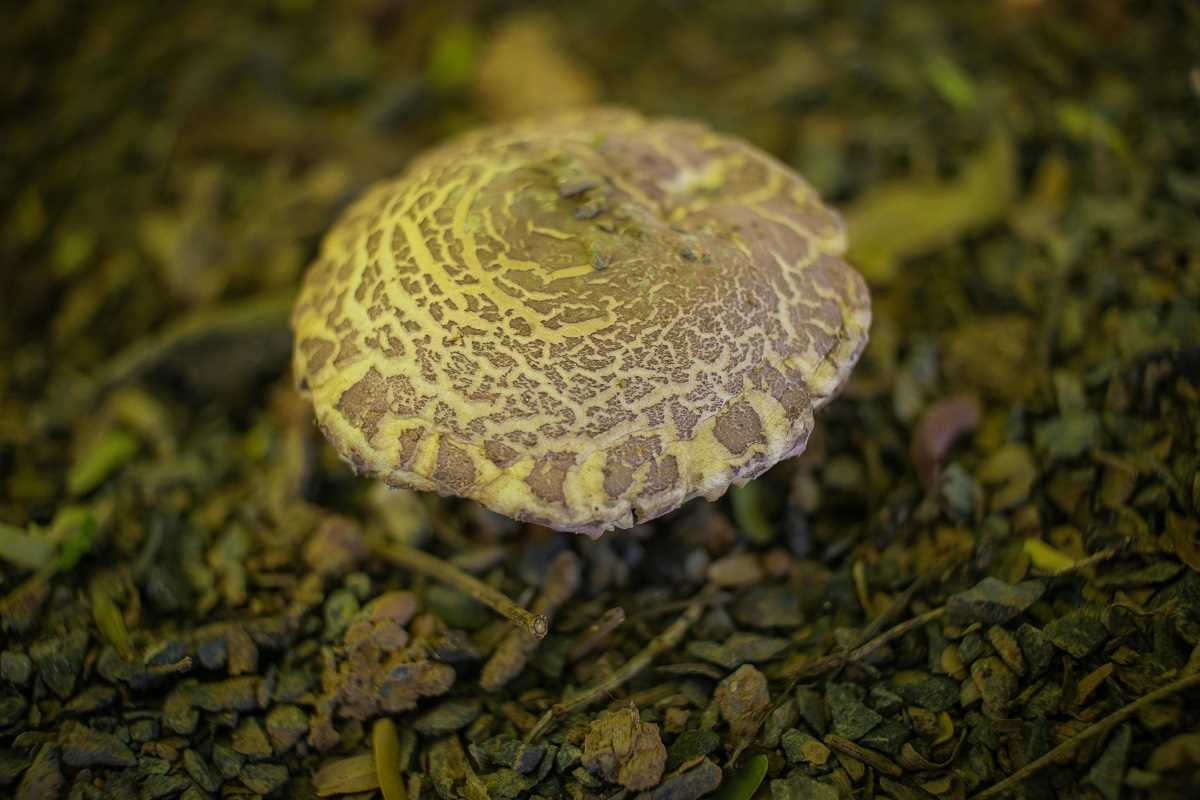 (Image via
(Image via
